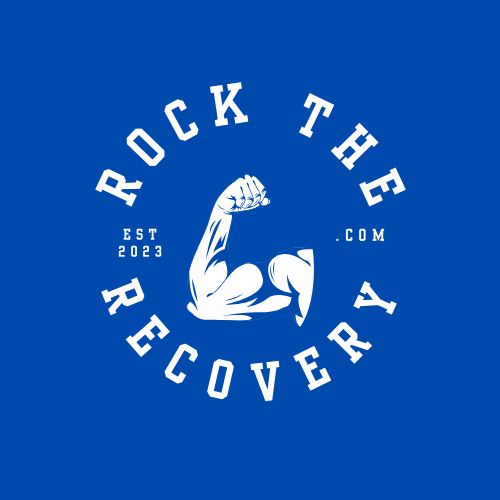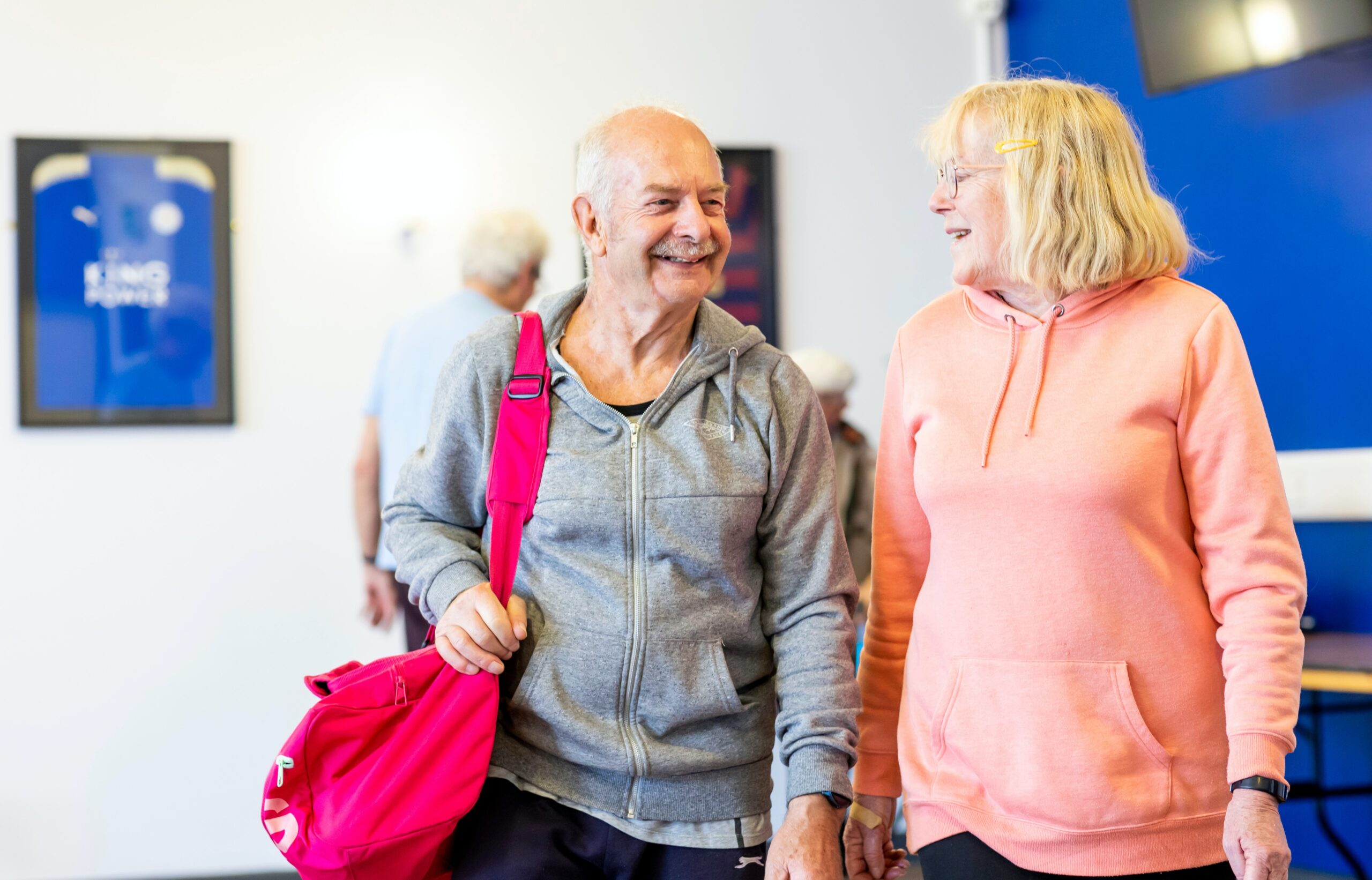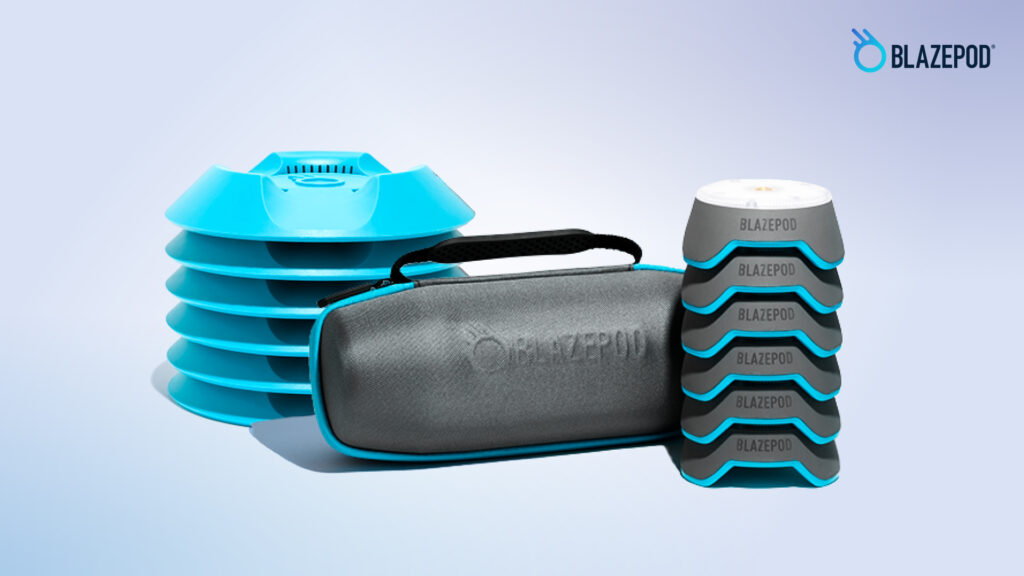This is Part 2 of a two-part series. See the first part HERE….
We continue discussing how the decisions we make will ultimately affect our health and wellbeing in the future. To recap, after working in a nursing home for 15 years, I have begun to see how a person’s actions have a significant impact on their future. Including you. It can have its effects on if or how young you start having health issues, and how long it takes to recover. Of course, people get sick all the time from pathologies that are outside their control, but your odds of illness or injury greatly increase when you don’t take care of yourself. So, if all the advertisements to get healthy don’t do it for you, then take it from me – someone who sees the consequences day in and day out.
The Scary “E” Word
In the last article we spoke about nutritional changes. You notice that I did not utilize the word diet, as this has a negative connotation for some. For our next topic we will also use a different word in hopes not to scare some of you away. We will replace the word exercise with a more palatable word: activity.
Ah good, you didn’t run off yet.
The word activity also better encompasses how one can make big changes in their lives without joining a CrossFit group or buying a wetsuit for your triathlon training.
Yes, of course the gold standard of exercise prescription www.ACSM.org recommends for healthy adults to perform 30 minutes of moderate exercise/activity five days a week, as well as vigorous activity for 20 minutes, 2 times per week. This is after performing extensive and peer-reviewed research showing irrefutable evidence that this will lower your risk for a multitude of cardiac and other health illnesses. But, as you recall, we are NOT going to speak about THAT.
Take Little Steps:
This article is about taking a lot of little steps toward improving your future life. So, what this means is taking a hard look at where you are now and making a goal to change one (or a little) at a time. If you have never been to a gym, and hate the concept of it, then having the resolution to go 5x per week might not be successful for you. There are endless ways for you to get your moderate or even high intensity activity and you need to find something that drives you. If you are a competitive person, then find a bike that tracks your progress. If you are a social person, then find someone with a similar interest and keep yourself going. And so on.

There Are Many Other Ways to Increase Your Activity Levels Without a Gym:
- Everyone hears about taking 10,000 steps a day, but most of us hit much below this. As a Physical Therapist I am on my feet all day, and if I don’t actively try to incorporate more walking after work, I hit below this target. So, for those of us who have desk jobs, I can only imagine that this task can feel quite unsurmountable. However, there are many ways to take on the challenge, and little changes throughout the day adds up fast!
- Take a walk with coworkers outside on your lunch break. Instead of making a phone call, get up from your desk chair and go speak to your boss in person.
- Consider getting to work 10 minutes early and taking a walk to prep your head for the upcoming day.
- Instead of meeting up with friends for coffee, consider taking a walk together.
- Get your children accustomed to going for hikes. While they are on their bikes, dust yours off and join them!
- Park in the back of parking lots instead of spending 10 minutes looking for a closer spot. Make multiple trips back to the car to bring in the groceries.
- Leave the car at home and walk or bike to closer locations or walk the mall if it’s cold.
Even More little ideas:
- Skip the elevator! There is new research coming out that shows that taking the stairs regularly can make a big impact on your general health much like the gym can. I know the escalator looks tempting, but you can do this!
- Stand up. Standing or treadmill desks are an increasingly popular option for desk job employees. Consider pacing or going for a walk during phone meetings when appropriate. It’s of course healthy but can also spur on better creativity as well.
- When watching TV or sitting for a long time, set a timer to get up every 30-60 minutes and walk around for a few minutes. Or consider putting a recumbent bike/treadmill in front of the television! You don’t even need to go at a heavy intensity every time, at least you are moving your body.
- Let your kids see you exercising! Be a great role model for them. If appropriate let them join. If they are little, promote play that keeps them (and you) active!
Substance Abuse and More:
With ever changing laws regarding this subject one might ask: is this stuff okay for me? The answer is that you are provided with one body in this world. “Your temple” should be looked at in a sacred way. It is your responsibility to research and understand anything you put into it, and the immediate and short-term effects that it may haveon you. Especially when you are doing it regularly. Working with the elderly it becomes abundantly clear when a patient’s dementia, for instance, is caused from chronic, steady substance abuse. This could be alcoholism or drug use, but let’s not limit the conversation. Many of us are utilizing supplements or vitamins that may not have the research support and can be overdone. To go further, what about creams you put on your face, shampoos, deodorants, etc. What fad diet or trend are you employing without fully understanding the consequences? The point is, know what you are putting into or onto your body (to the best of your ability).
Advocating for Your Health:
According to the Congressional Budget Office the US government will spend $1.8 trillion on federal health insurance subsidies. CMS.gov notes that the national health expenditure in 2022 was $4.5 trillion. These numbers are both alarming enough as it is. However, both websites articulated that these numbers were on the rise. What general information can we gather from this information? The United States is in a healthcare catastrophe. The changes that need to be done to our healthcare system as a whole are an argument for another time. What this should tell you is that if this is what we need to spend on our health, then what we are doing as a nation is NOT working. Our norm is NOT ok, and we need to understand this. We need to set different standards for what it means to be “healthy” in our country. But, what happens when we do get sick?
With all that money that we (and our employers) spend on healthcare we can at least expect exemplary service and quality, right? Our healthcare system is struggling in many ways and especially now you can expect that the professional in front of you is likely overworked and burned out, or on the way to that. These can lead to mistakes or poor quality/inattention. It can mean a longer wait for care or testing. Now, more than ever, it is important for you to advocate for yourself. Have your questions ready and expect a thorough response. Be heard and don’t hesitate to get second opinions.
Wrap up:
Of course, none of us have a crystal ball on how our future will unfold. We have been set forth by multiple influences. It is time for us to see that as a nation we need to rethink our lives. Advocate for your health and stay out of the healthcare system where, in many ways, we can’t always get the answers we look for. This article discusses a few small steps each of us can take to improve our situations. Healthcare insurance cannot ‘ensure-us’ of anything at this time. You are provided one body in this world, treat it well! Please reach out with any questions or comments!



